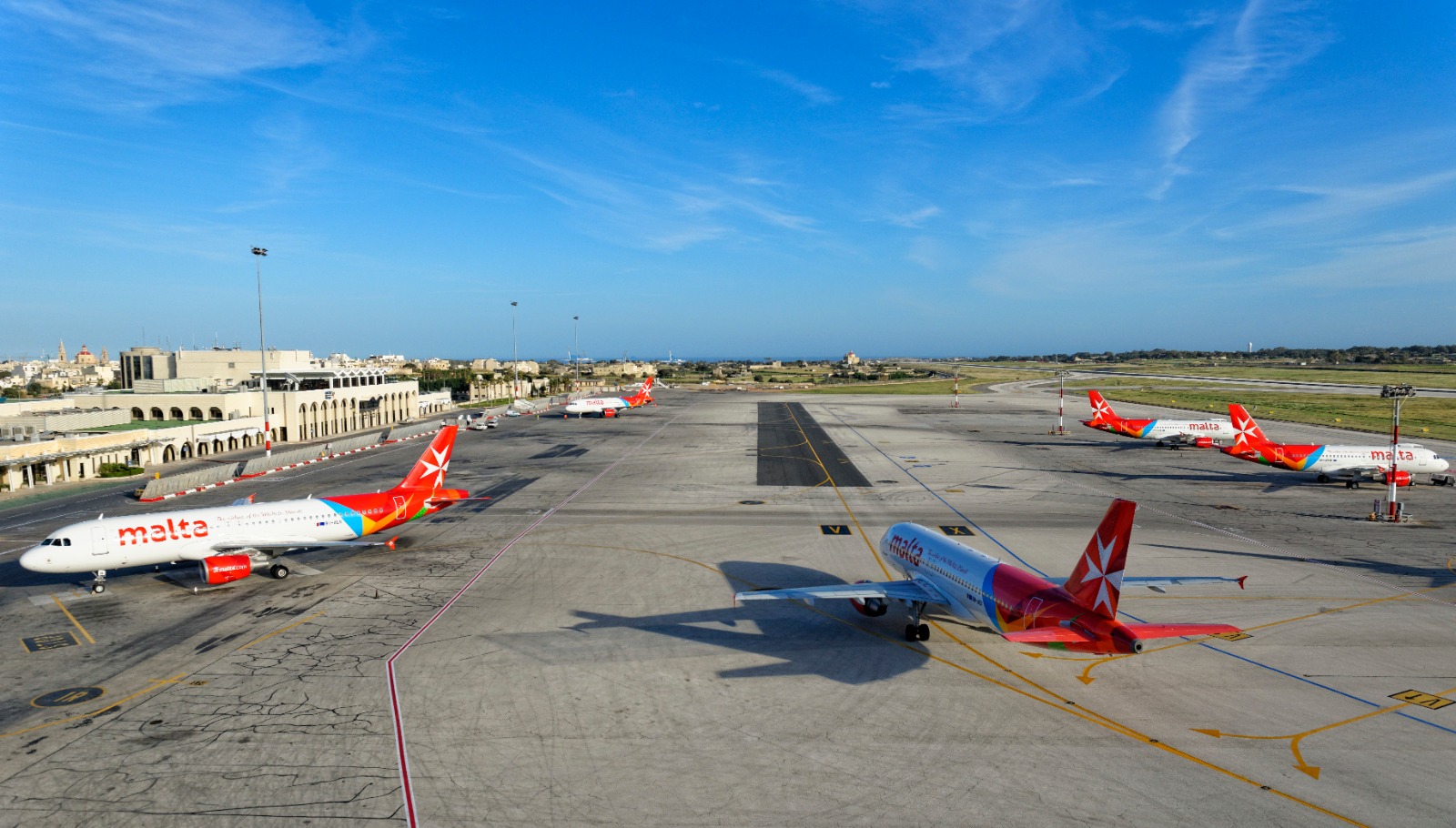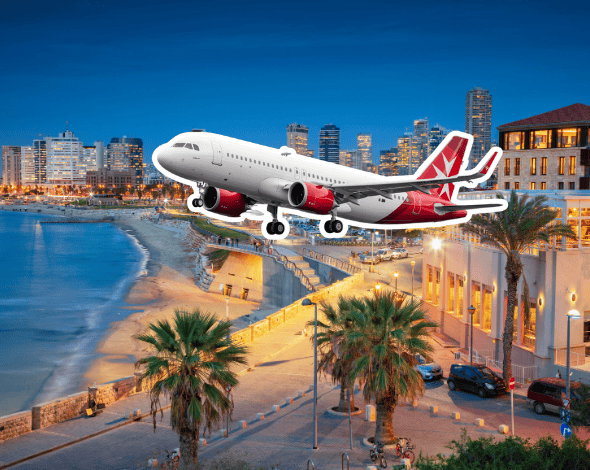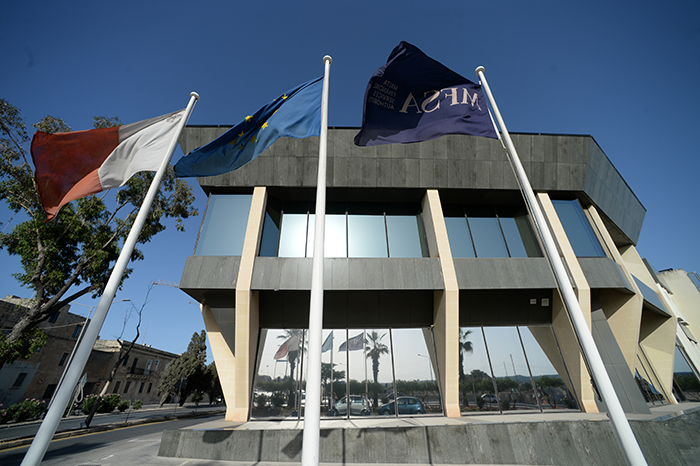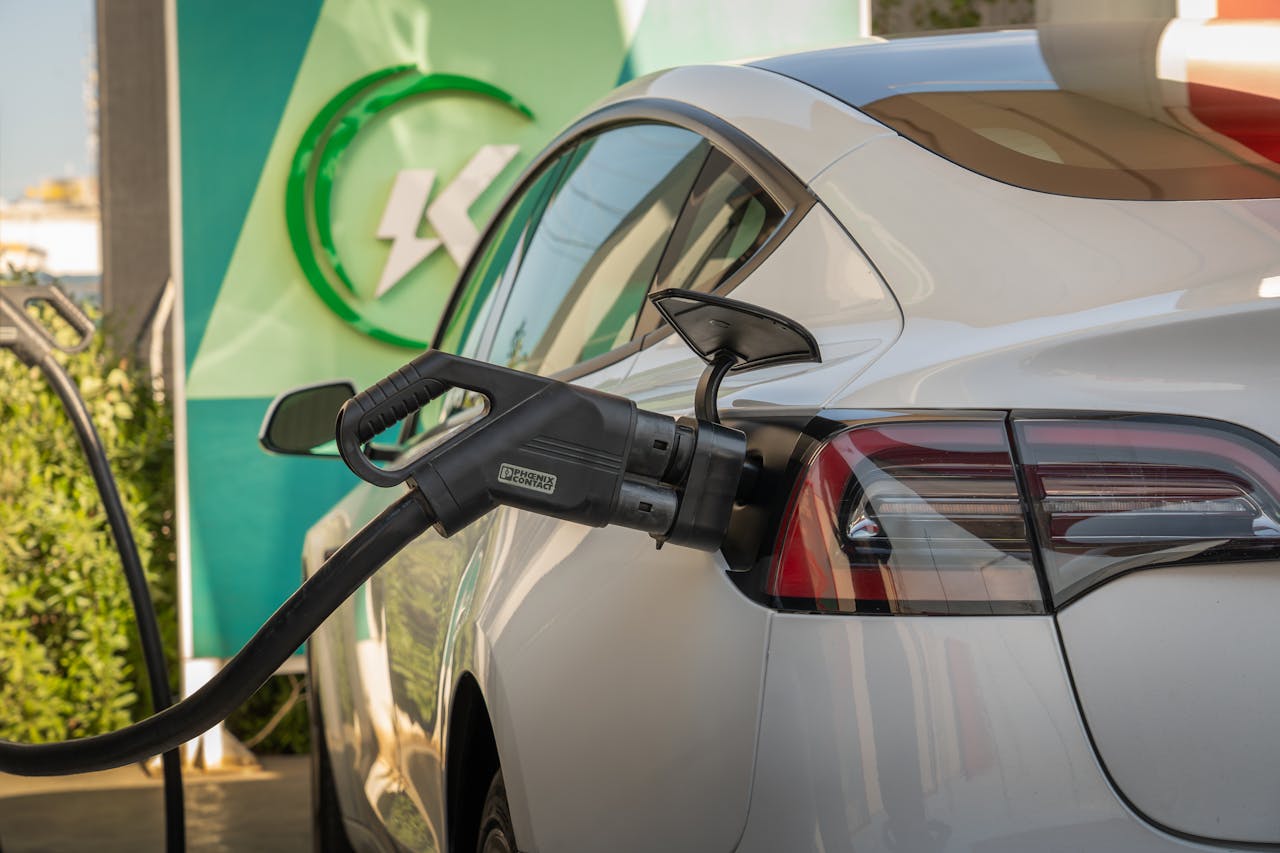Following Finance Minister Clyde Caruana’s announcement that Air Malta would be undergoing major restructuring as a last-ditch effort to turn the national airline into a sustainable operation after decades of losses, the Gozo Tourism Association has weighed in.
Stressing the importance of for Malta to have a national airline, the GTA said:
“The Maltese Islands cannot afford to become fully dependent on other airlines to sustain entire markets within the tourism industry. Therefore, it is imperative and essential to have a national airline. However, our Islands should have and deserves an airline that operates more efficiently and can sustainably move forward.”
Minister Caruana’s plans to significantly restructure Air Malta come as the Government awaits a final verdict by the European Commission (EC) on whether Government can grant the national airline another round of state aid. As part of the restructuring, Air Malta’s workforce will be halved, with 900 of the current staff to be reduced to 420. Workers will be given alternative opportunities with Government agencies, while the move is expected to save Air Malta some €15 million.
Air Malta has been dogged by problems for decades. It has been a thorn in the side of successive Governments due to the unsustainability of its finances, with the airline unable to turn a profit while costs ballooned.
In 2012, the European Commission (EC) granted Malta one last chance for the Government to inject state aid in the form of €130 million to save Air Malta. Due to the EU’s single market rules, state aid is generally forbidden to prevent creating distortions in the market. Exceptions have been made, however, due to COVID-19 and the ensuing cash flow issues it has created.
Back in 2012, it was established that by 2014 Air Malta had to balance its budget and register a profit by March 2016. Air Malta projected losses of €4 million for the financial year-end March 2016, significantly lower than the €15 million loss registered at the end of March 2015. No penalties were incurred because of the substantial improvement.
Under now-disgraced Minister Konrad Mizzi, some years back, the airline managed to turn a profit however it was later discovered that this was a one-off event thanks to the selling off of assets.
As the pandemic hit, with Air Malta already on shaky ground, the Government is now attempting turn the airline into a financially viable operation while being allowed to inject cash as a form of state aid.
In its reaction to the restructuring, the Gozo Tourism Authority (GTA), said it fully agrees with Air Malta’s top management, that the airline has to strictly operate on commercial lines.
“The Association believes that Government should explore all avenues and possibilities to render the national airline financially viable. Air Malta is the flag carrier of the Maltese Islands, thus is it is a very important asset that needs to be valued as the National Airline.
“However, some difficult decisions had to be taken at some point in time to ensure that Air Malta operates more efficiently while meeting the needs of the Maltese economy, particularly those of tourism.
“There is no doubt that Air Malta plays an important strategic role in the tourism industry of the Maltese islands, more so now at a time that requires the rethinking, recovering and revitalising of this important sector.”
In addition to ensuring the airline remains viable, other business-interest groups, such as The Malta Chamber, the Malta Hotels and Restaurants Association and the Malta Employers Association have called on Government to second the 400-odd Air Malta workers being let go to the private sector.
Government plans to offer them employment in other areas of Government, however, given the significant number of vacancies in the private sector, the organisations argue it would be better for the country if such workers would be seconded to the private sector.
KM Malta will start flying to Tel Aviv this summer
New route announced as part of KM Malta Airlines' largest summer schedule to date
Why the MLRO role matters more than ever
Matthew Scicluna and Eric Micallef from the MFSA’s Financial Crime Compliance function, shed light on the MLRO Guidance document
New EV leasing mechanism introduced for businesses
The arrangement will support the leasing of zero-emission vehicles without impacting the De Minimis State aid limits of leasing companies






